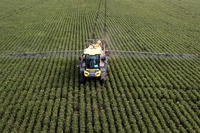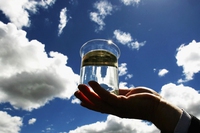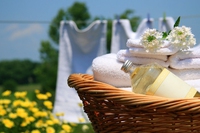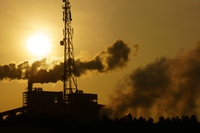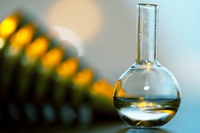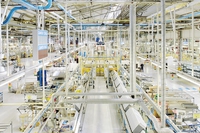
Technology for sustainable industry. The results of the Life MATHER project
On 9 December, Whirlpool EMEA presented the results of the Life MATHER project together with the NTUA and t2i – Technology Transfer and Innovation.
On 9 December, Whirlpool EMEA presented the results of the Life MATHER project together with the NTUA and t2i – Technology Transfer and Innovation.
Luxembourg announced a ban on all glyphosate-based products by the end of 2020.
A journey to discover leather tanneries in Dhaka, the capital of Bangladesh, among terrible working conditions, pollution and laws left unenforced.
Many consumer products such as textiles and leather products, firefighting foams, cleaning products and pesticides contain PFASs (per- and polyfluoroalkyl substances), known in the United States as perfluorooctane sulfonate (PFOS) and perfluorooctanoic acid (PFOA). Cookware, carpets, fabrics for furniture and even paper packaging for food also contain these chemicals. Used in manufacturing due to useful
Non-eco-friendly fabric softeners may contain harmful substances for human health and the environment. But here are some natural alternatives.
Polychlorinated biphenyls, commonly known as PCBs, are a group of highly toxic man-made chemicals introduced in the early twentieth century and quickly acclaimed as an industrial breakthrough. Like the pesticide DDT and herbicide Agent Orange, which were also once thought to be safe, PCBs have a dark side. They don’t break down easily and can
In occasion of the fair Première Vision, Greenpeace announces the new company that joined the Detox project: Lampo zips by Giovanni Lanfranchi.
Greenpeace, dopo aver dimostrato la presenza di PFC nell’abbigliamento outdoor, sta cercando di capire quanto questo possa aver inquinato l’ambiente.
According to a study carried out in Detroit essential oils are going to replace chemicals such as chlorine in the industrial washing of produce.
